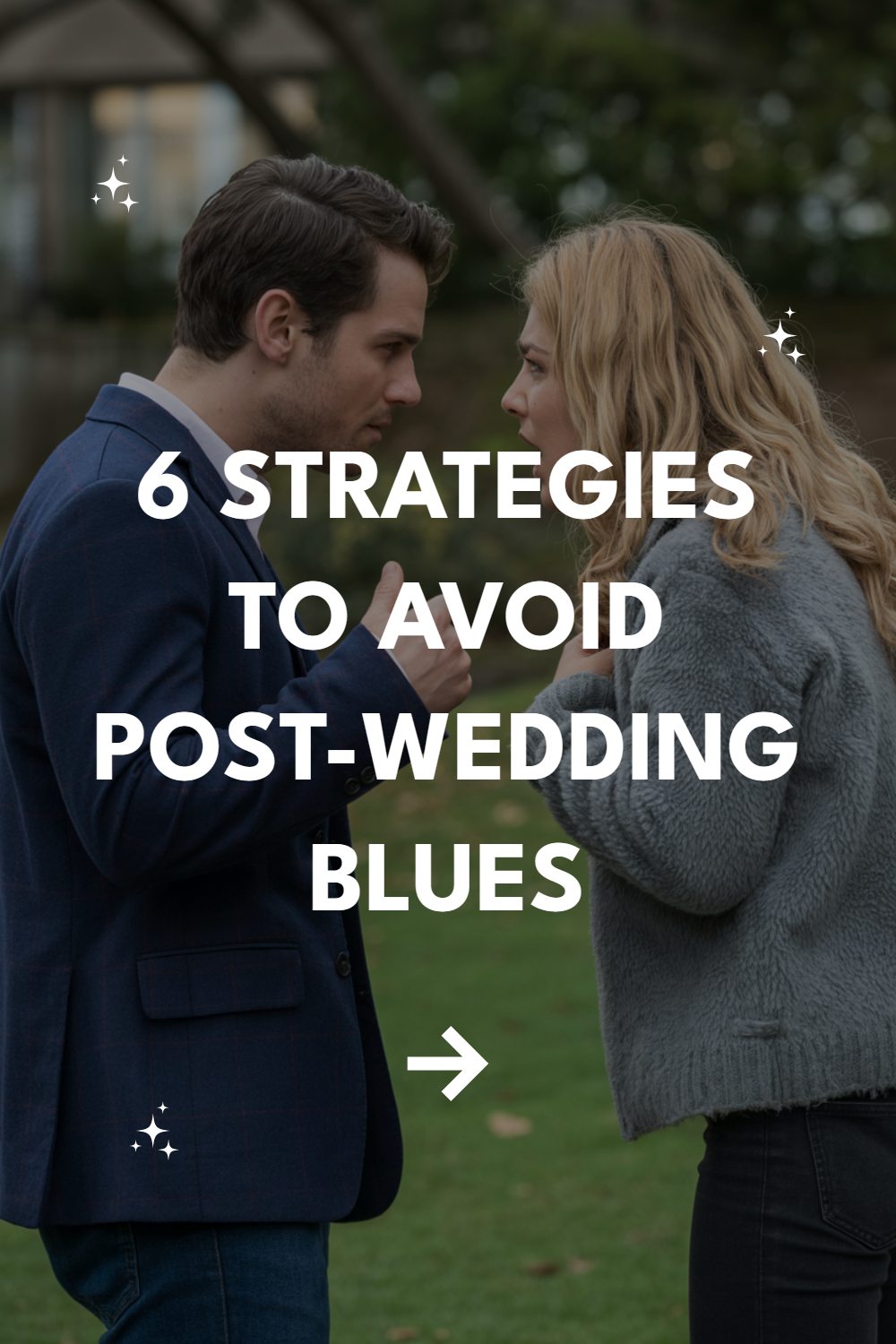After months of planning and one magical day, many couples find themselves staring at leftover cake wondering, “Now what?” Post-wedding blues hit harder than you’d expect, and they’re more common than couples admit.
Here’s how to sidestep that emotional crash and transition smoothly into married life.
1. Plan Your Next Adventure
Wedding planning consumes your life for months, creating a structured routine of decisions, deadlines, and constant forward momentum. When it suddenly stops, the silence can feel deafening.
Start plotting your next big thing before the honeymoon ends. This doesn’t mean rushing into buying a house or having babies—it means giving yourselves something exciting to anticipate together.
Consider planning a delayed honeymoon if you couldn’t take one immediately, or start researching that cooking class you both mentioned during engagement.
The key is choosing something that requires planning and gives you both something to discuss over dinner.
Book that weekend getaway for three months out, or start saving for the anniversary trip you want to take next year.
Having concrete plans creates the same anticipatory excitement that made wedding planning addictive, just without the family drama and seating charts.
2. Establish New Traditions Together
Your wedding day created one perfect memory, but marriage needs a collection of smaller, repeating moments that belong just to you two. Creating new traditions gives you something to look forward to beyond the big day.
Start small and personal. Maybe it’s Sunday morning pancakes, weekly farmers market visits, or monthly date nights where you try restaurants you’ve never been to before.
The traditions that stick aren’t usually the ones you force—they’re the ones that develop naturally from what you both enjoy. Pay attention to the spontaneous things you do together that make you both happy, then make them intentional.
Some couples establish anniversary month celebrations instead of just anniversary days, giving themselves weeks of small celebrations rather than pressure to make one day perfect again.
3. Keep Wedding Memories in Perspective
Your wedding photos will arrive, and you’ll want to live in them forever. While it’s natural to reminisce, dwelling too long in wedding memories can make regular married life feel disappointingly ordinary.
Create a specific time and space for wedding nostalgia rather than letting it seep into everyday life. Set aside one evening to go through photos together, then put them away and focus on creating new memories.
Frame a few favorites, but resist the urge to turn your entire home into a wedding shrine. Your marriage deserves more visual representation than just that one day, no matter how perfect it was.
Consider creating a small wedding memory box where you can store cards, programs, and other keepsakes. Having a designated place for these items lets you treasure them without having them constantly remind you of what you’re “missing.”
4. Maintain Individual Identities
Wedding planning often turns couples into a single unit focused on one shared goal. While teamwork is beautiful, losing your individual interests and friendships can leave you feeling empty once the wedding excitement fades.
Reconnect with the hobbies, friends, and activities that made you interesting to your spouse in the first place. Schedule time with your own friends, restart that exercise routine you abandoned during wedding stress, or pick up the creative project you put on hold.
Marriage works best when two complete people choose to share their lives, not when two half-people try to become whole together. Your spouse fell in love with your individual personality—don’t lose it now.
Plan some separate activities alongside your couple activities. Join that book club, take that art class, or start that side project you’ve been thinking about. Coming back together with new experiences to share keeps your relationship dynamic.
5. Address the Financial Reality
Weddings cost money—often more money than couples initially planned to spend. The financial hangover can contribute significantly to post-wedding depression, especially when credit card bills start arriving.
Have an honest conversation about your financial situation within the first month of marriage. Create a realistic plan for paying off any wedding debt, and establish a budget that works for your new household.
Don’t let wedding expenses continue haunting your marriage. If you overspent, acknowledge it, make a plan, and move forward. Many couples find that working together toward financial goals actually strengthens their partnership.
Consider this your first major challenge to tackle as a married team. Successfully managing post-wedding finances together builds confidence for handling future obstacles as partners.
6. Focus on Daily Marriage Building
The wedding industrial complex sells the fantasy that marriage should feel like an extended wedding day—constantly romantic, perpetually magical, always Instagram-worthy.
Real marriage happens in Tuesday morning coffee conversations and Sunday afternoon grocery runs.
Start building intimacy through small, consistent actions rather than waiting for grand romantic gestures. Ask about each other’s days, share minor frustrations, celebrate small wins together.
Create space for regular check-ins about how you’re both adjusting to married life. These don’t need to be formal relationship meetings—just honest conversations about how things are going and what you both need.
The strongest marriages are built on accumulated ordinary moments, not recreated wedding day magic. Learning to find joy in the mundane together is actually more valuable than any single perfect day.
Moving Forward Together
Post-wedding blues don’t mean you made a mistake or that your marriage is doomed—they mean you’re human. The transition from engaged to married involves real emotional adjustment, and that’s completely normal.
Give yourselves permission to feel whatever comes up without judgment. Some days married life will feel amazing, other days it might feel anticlimactic. Both experiences are valid parts of building a life together.
The goal isn’t to recreate your wedding day feeling—it’s to create something even better: a sustainable, authentic partnership that grows stronger over time rather than burning bright and fading fast.


